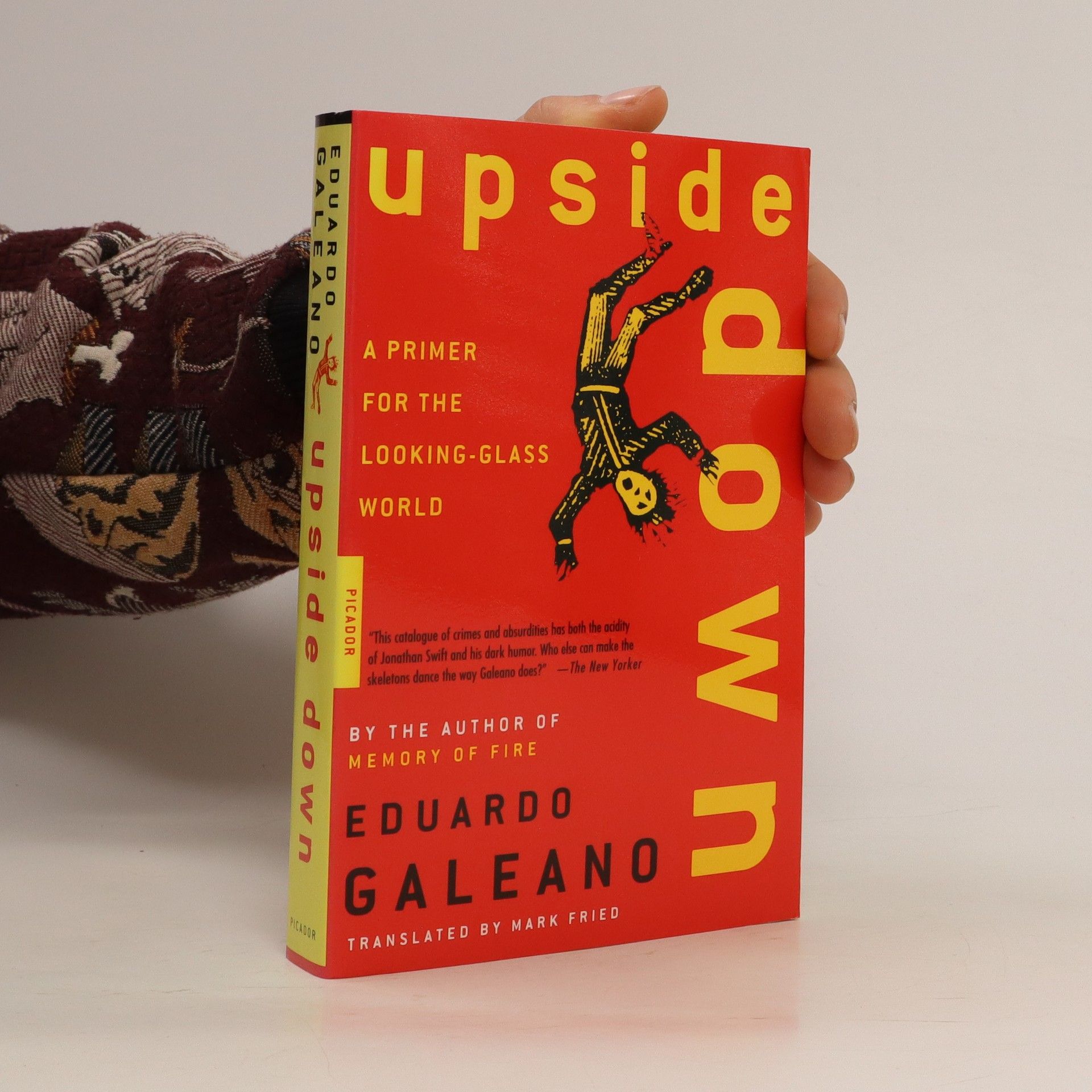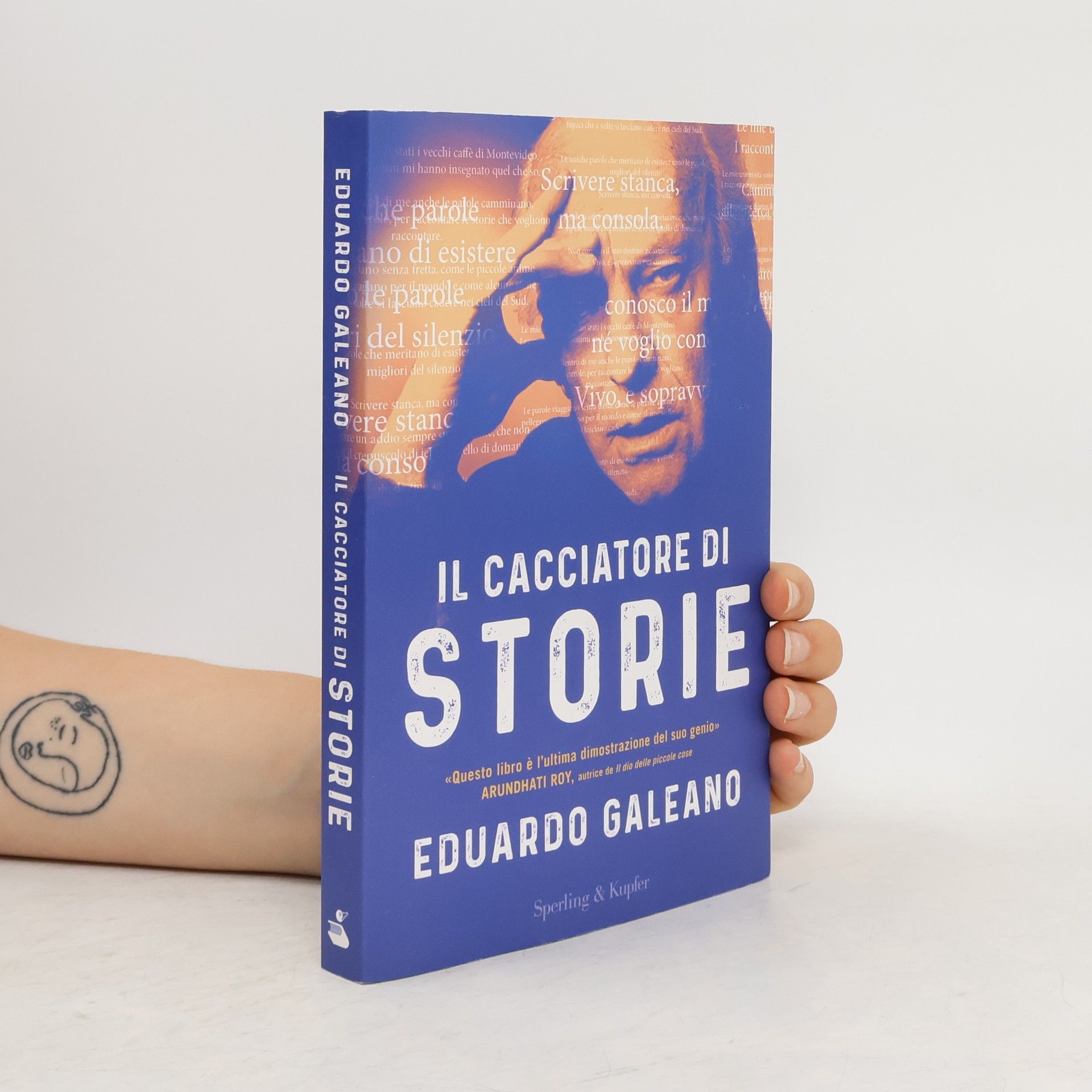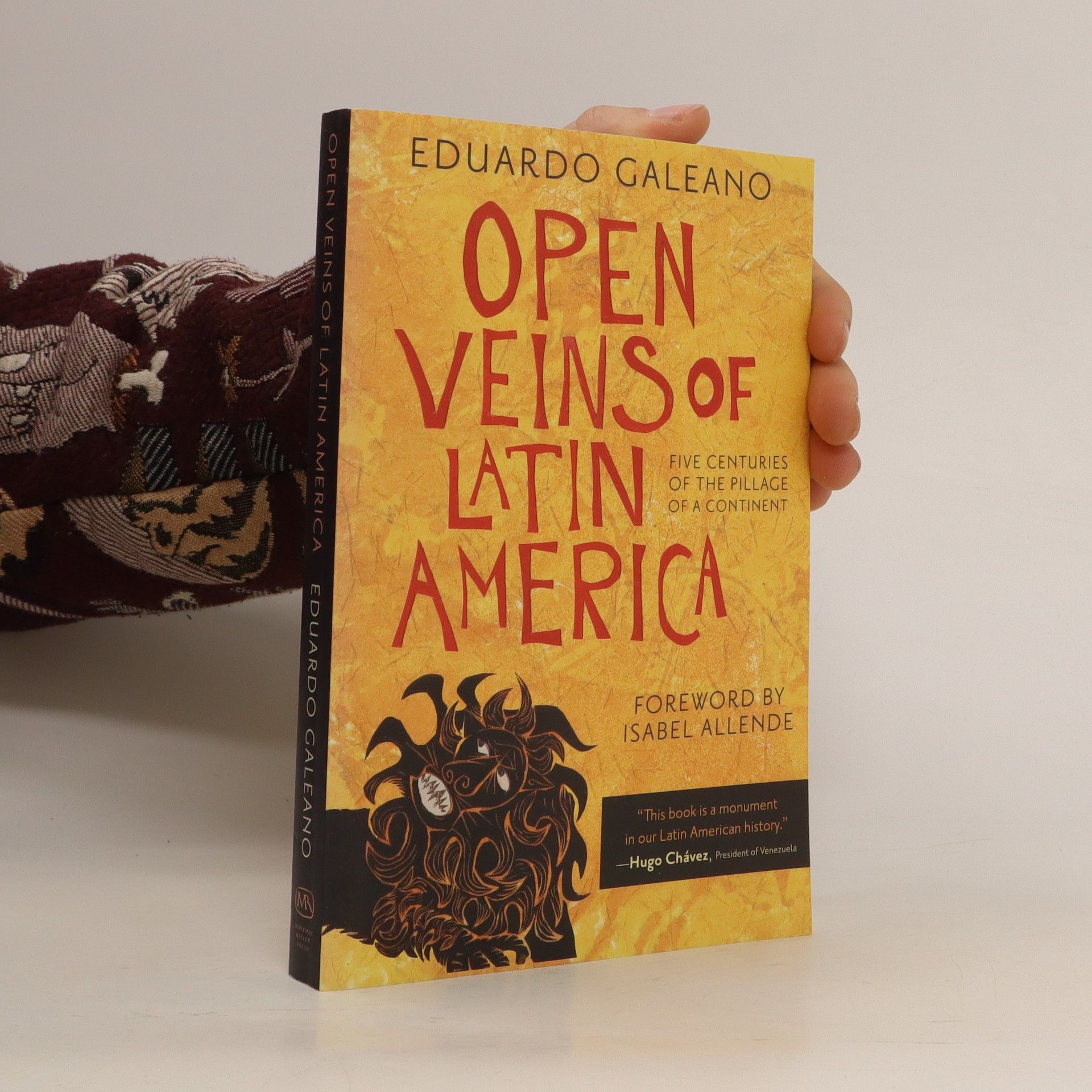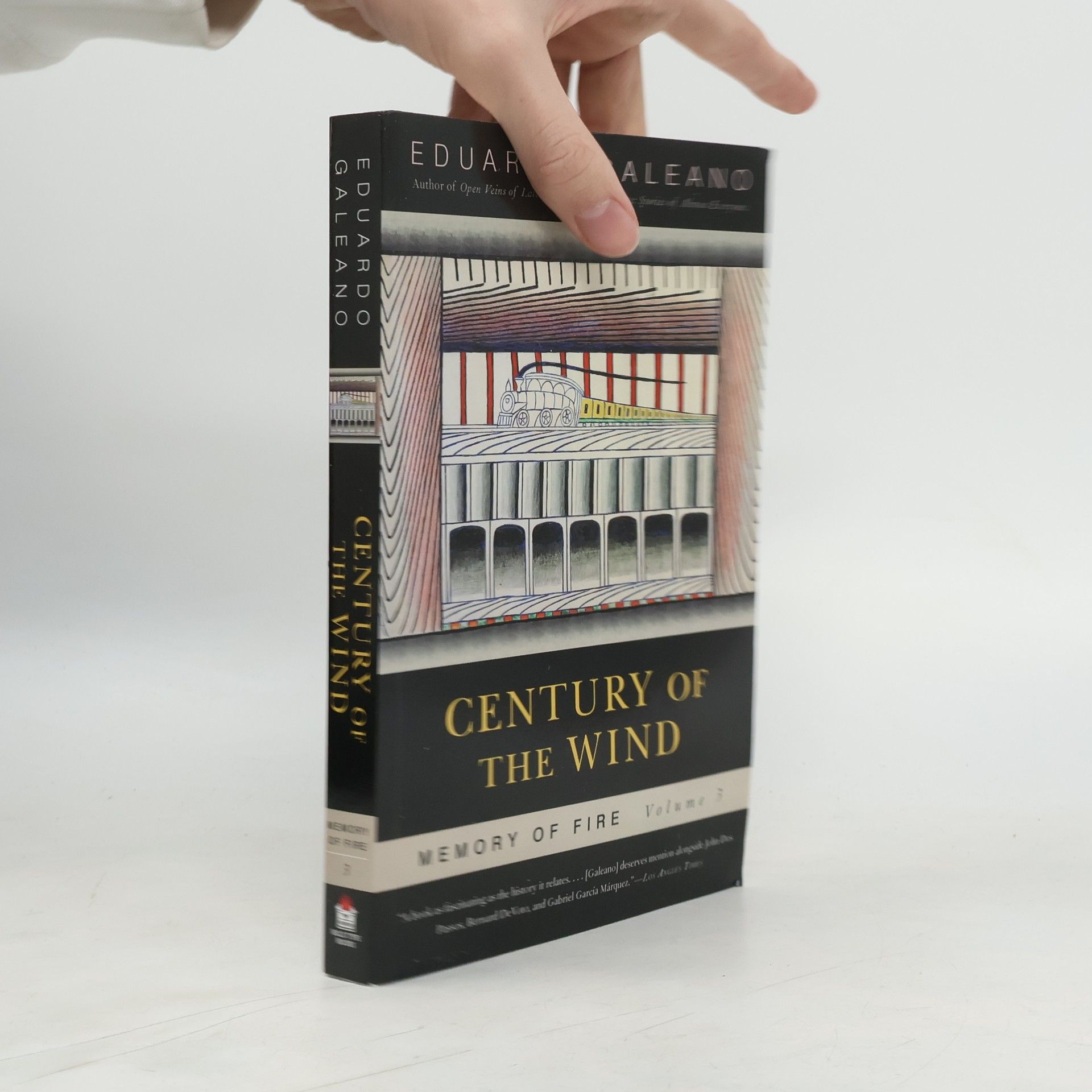Il cacciatore di storie
- 252pagine
- 9 ore di lettura
Il cacciatore di storie, l'ultimo libro terminato da Eduardo Galeano, si può considerare un vero e proprio testamento artistico, umano e spirituale dello scrittore. Accanto ai temi a lui cari - le origini mitiche delle nostre culture, i soprusi subiti dai nativi americani, le discriminazioni e il razzismo, la libertà, il viaggio, la memoria, le imprese di eroi silenziosi - si trovano infatti qui, per la prima volta dopo i cenni contenuti in Giorni e notti d'amore e di guerra, pagine autobiografiche. Testi che raccontano con humor e tenerezza, nella sua inconfondibile prosa poetica, dell'infanzia, di incontri, di città, di insegnamenti ricevuti, del destino dei suoi libri. E rivelano alcune delle ragioni profonde che l'hanno portato a essere un formidabile «cacciatore di storie», istruito, nei vecchi caffè di Montevideo, da «ammirevoli bugiardi che si riunivano per incontrare il tempo perduto».










